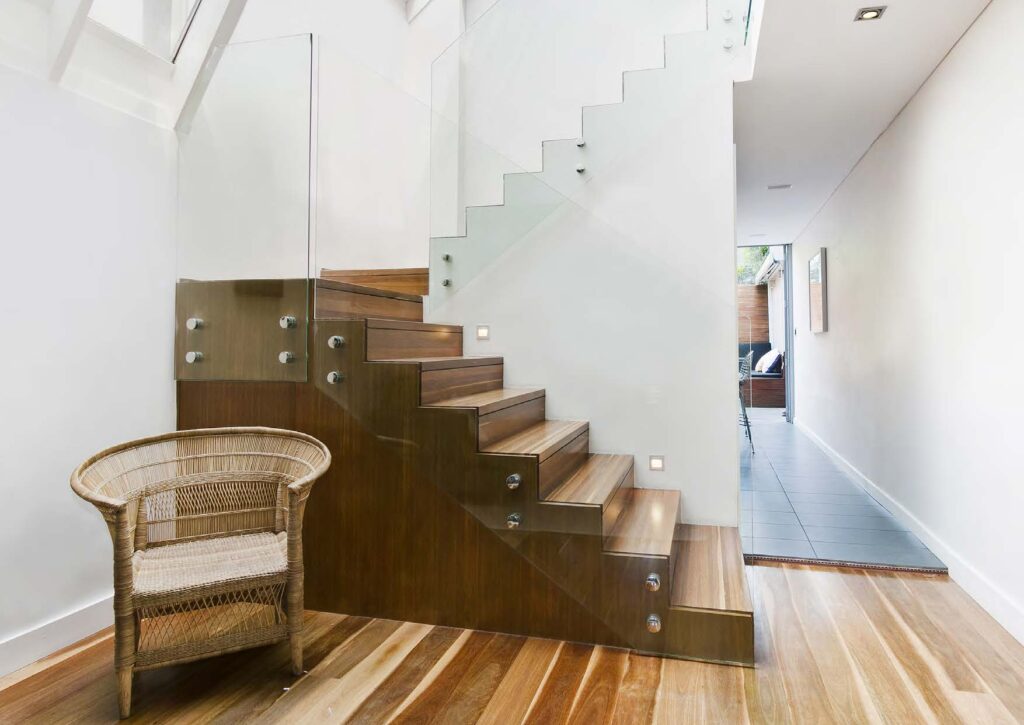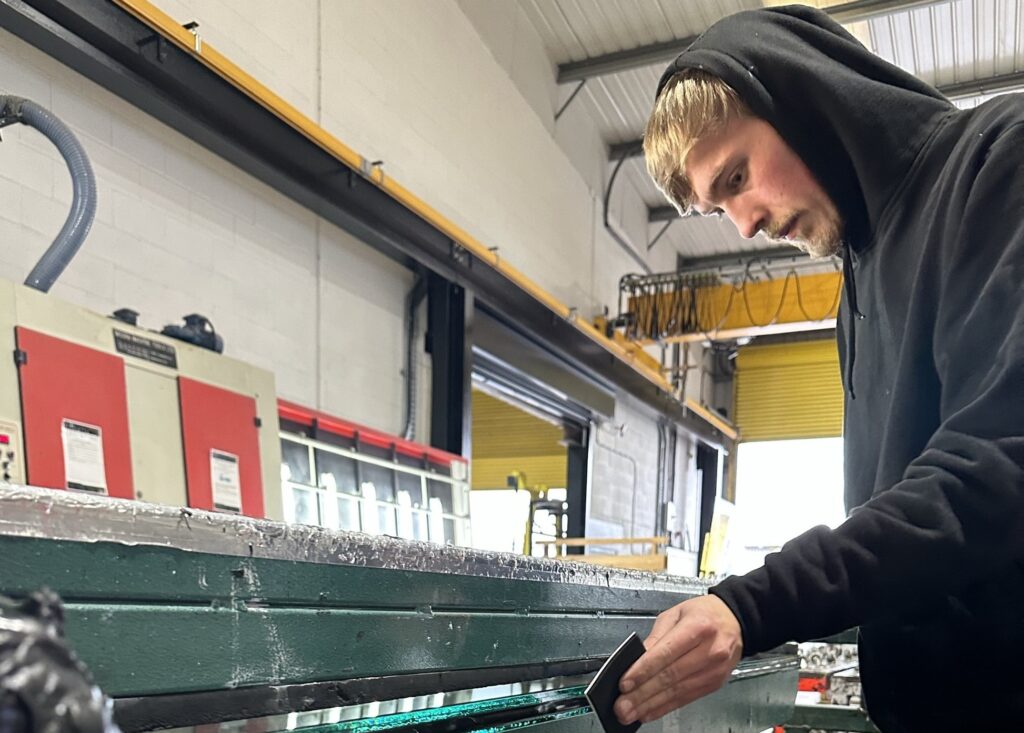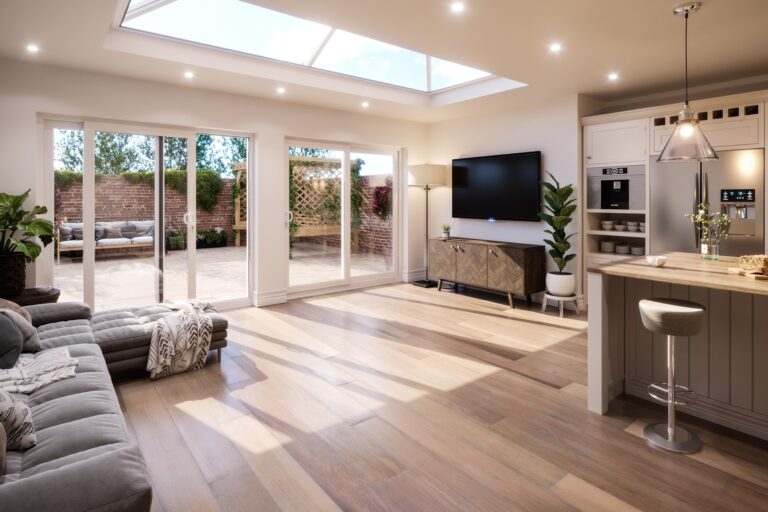Laminated Glass
Laminated glass is a great choice for double glazed units where increased safety or security is essential, such as meeting PAS24 standards. It offers enhanced resistance to forced entry, minimises the risk of injury if broken, and provides improved sound insulation and UV protection.

Why Laminated Glass?
Laminated glass is designed with safety and performance in mind. When the glass is subjected to impact and breaks, the tough interlayer – made from polyvinyl butyral (PVB) holds the broken shards together. This significantly reduces the risk of injury by preventing the glass pieces from falling or shattering outward.
In addition to its safety benefits, laminated glass offers enhanced acoustic insulation, making it ideal for reducing noise in busy environments. This makes it a popular choice for both residential and commercial applications, especially in urban areas or near busy roads.
Prioritising Safety
Consisting of two or more layers of glass
bonded together, laminated glass offers
excellent impact resistance for added strength.
Benefits of Laminated Glass
- Perfect for various applications
- Fully compliant with UK regulations
- Made-to-order options
- Enhanced safety
- Sound insulation
- Energy efficiency


Safety For Every Project
Engineered to provide superior safety and security across a wide range of applications, laminated glass units consist of two or more panes bonded together with a durable interlayer. This interlayer not only reinforces the glass but also holds the fragments together in the event of breakage, reducing the risk of injury.
Ideal for both residential and commercial settings, laminated glass is a trusted choice for added protection and long-lasting performance.
Speak to the experts
Get in touch with our team of experts to explore the endless opportunities with laminated glass for your next project!
Explore more from our glass range...
See What Are Customers Are Saying

Cheers!!!
until the project has been televised.
The staff at performance were superb especially with the expertise
on which glass to use. I would have no hesitation using this company in the future as they treat us like friends as well as clients
Laminated glass is a type of safety glass made by sandwiching a layer of plastic—usually polyvinyl butyral (PVB)—between two or more layers of glass. This construction holds the glass together if it breaks, reducing the risk of injury from sharp shards.
The cost of laminated glass varies depending on the size of the unit required. Larger or custom-sized panels will naturally cost more, while smaller standard sizes are more affordable.
Laminated glass can be broken, but it's much more difficult to shatter than standard glass. It consists of two or more layers of glass bonded together with a tough plastic interlayer, usually polyvinyl butyral (PVB). When impacted, the glass may crack, but the interlayer holds the pieces together, preventing them from breaking apart easily. This makes laminated glass ideal for safety and security applications, such as car windscreens and shopfronts, where retaining the barrier even after breakage is crucial.
Laminated glass can be worth the investment depending on your needs and priorities. It offers several advantages, such as increased safety, as it holds together when shattered, reducing the risk of injury. While it may come at a higher cost than regular glass, the added security and durability can make it a valuable choice for specific applications, particularly in areas requiring extra protection.
